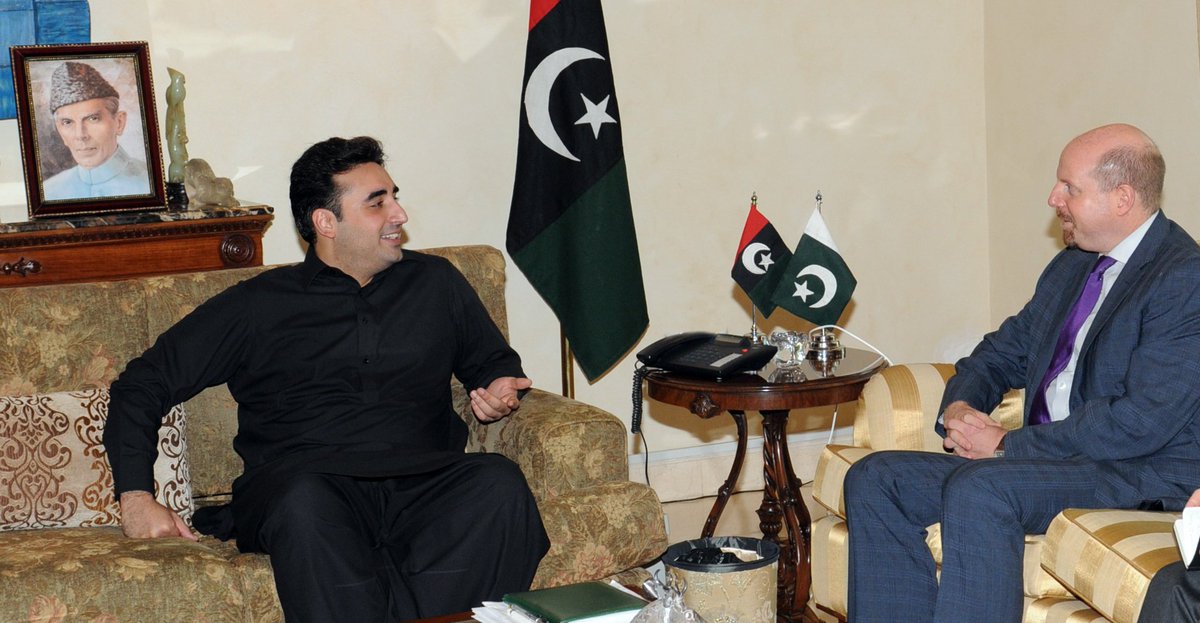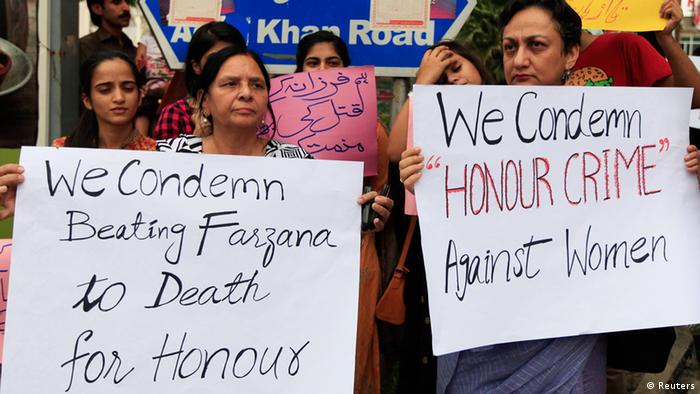by Shamila Ghyas
Why does the honor of a man or a family always lie with woman?
What exactly is honor killing?
It is when the offender (93% of the times a woman) has committed such a grievous crime that her family or community can no longer see other people eye to eye. They no longer can show their face in public unless the lost honor has been restored.
The most popular way to reclaim that honor is usually by killing the culprit. Yes, by killing. Apparently murder is an honorable thing do for such people as “blood cleanses honor.”
What are the things that could lead to honor killing?
A few months back, a brother stabbed his sister multiple times and left her to bleed and eventually (and painfully) die on the steps of their house. It took over 2 hours for her to breathe her last, while her brother waited patiently scrolling through his cellphone. Her crime was that she had spoken to a man on her cellphone. The brother is in jail now, but hey at least he went with his honor restored.
A man killed his wife the night they were married because he was suspicious that she was not a virgin.
A Saudi cleric also killed his daughter in an extremely brutal way a few years ago under the same suspicion. He used wires and an iron rod in violent and sick ways to find out whether she was a virgin or not. She was left with a crushed skull, broken back, broken ribs, broken left arm, burns and bruises so severe, that she fell into into a coma for 4 months, which then led to death.
She was 5 years old.
But hey, at least when he goes to parties (which he does because he is a free man), he can go with both pockets full of intact honor.
A girl eloped with a boy last month because her family refused to let them marry. A group of 13 wise elders (Jirga) sentenced the teenaged girl who had helped them escape to be burnt to death in a car the runaway girl had once sat in. Both sentences were carried out. They would have probably killed the ones who had run away too had they not been arrested.
Last week a girl who had married someone of her own choice (love marriage) was tricked into coming home by her family. Then her own mother with the help of her son beat her, strangled her, tied her to a cot and lit her on fire. The neighbors heard her screams and tried to save her but were not allowed to enter the home. When asked about her actions, the mother said, “I have no regrets.” Honor is such a strong possession, that it even turns mothers into savages.
Sometimes it is other non-family members who feel they have to restore their honor too. A few weeks ago an 18 year school teacher was beaten, drenched in petrol and then set on fire by 4 men. Why? She had refused a marriage proposal. How would they face everyone knowing a mere girl had had the audacity to say No!
“All is fair in honor” seems to be their motto. And they do love setting people on fire too.
There were 1,100 reported cases of honor killing in Pakistan alone in the year 2015, and as the CII has given the go ahead that it is okay to beat wives, the number is clearly and steadily rising. Violence is acceptably on the increase against women.
Just yesterday, a member of Pakistani senate Hafiz Hamdullah who is also a religious Jamiat Ulema-e-Islam-Fazl (JUI-F) leader told Marvi Sirmed during a disagreement that she was a “whore” and he would take her and her mother’s pants down. He later on went on to try to assault and punch her as well but was stopped and taken away by security.
Many people took his side including women, who said she was a ‘rude person’ anyway, while others wished that she had in fact received the punches.
No, such violence against women is not restricted to just our country or Saudi Arabia. There are on average a 1,000 honor killings in India as well, and for the same reasons too.
Last week a video went viral where a father and an uncle were stabbing a girl to death for marrying a man they did not approve of. A cow had to rush in for the rescue and attacked the culprits. Some say it was to save her calf, but either ways, even the cow knew that you can’t kill your own blood.
For an HBO TV show a few months back, a journalist asked an Afghani MP about marital rape. His nonchalant reply was simply that maybe he should have her nose cut.
A little 10 year old child was raped by a Mullah in a local mosque after her Quran class. She would have died from the injuries she had sustained due to the horrific rape had it not been for the shelter, “Women for Afghan Women”. Her family however believed that by being raped, she had bought shame to their family and must be killed by drowning her in the river. In spite of this, she was taken from the shelter and handed over to them. The police simply asked them “not to kill her.” Whether she lives or not, it is not known.
Until 1980, a law that allowed honor killing was part of the Italian penal code. It was only taken out after a lot of campaigning. In Brazil, men could be acquitted for murdering their wives up until 1991.
Such laws that promote violence against women seem to be there since time started. It was there in Assyrian law codes dating back to 6000 BCE and even the codes of Hammurabi.
Under Roman law, the head of the family, the father had the power to decide who could live and be put to death in their family. Fathers who failed to punish women who had taken away their honor, were then persecuted instead by their peers. It was the same with the Ching dynasty in China, fathers and husbands alike had the right to kill daughters they deemed to have dishonored them.
Kanun of Lekë Dukagjini or simply Kanun was a legal code in olden Albania which stated that women who committed adultery shamed their families and should be killed (as well as blood revenge.) This was formally recognized as the law of the land until the Second World War. To this date, it still continues in some parts though it is now more related to blood revenge.
Why does the honor of a man or a family always lie with woman?
What does this special woman possess that no one else does? That the mere fact that she spoke to a man violently shakes the walls of purity in the community. The fact that she made the choice to marry a person of her own liking changes all the faces of her family to that of beasts?
In yesterday’s incident, had a man replied back to Hafiz Mandullah on TV, he probably would have continued arguing and then eventually shut up, but as it was a woman who replied to him with a similar tone, his honor fell 80 feet under the ground and he had to retrieve it by hitting her.
They are all mistaken, every time they try to restore their honor with violence, it only sinks even lower. To such a point, where even if they tried to dig themselves out, they would only fall deeper.
It is the not the woman who brings shame, it is the person who murders her, who cuts her nose, who slashes her face, who punishes her violently who has brought shame.
"Blood does not cleanse honor"





